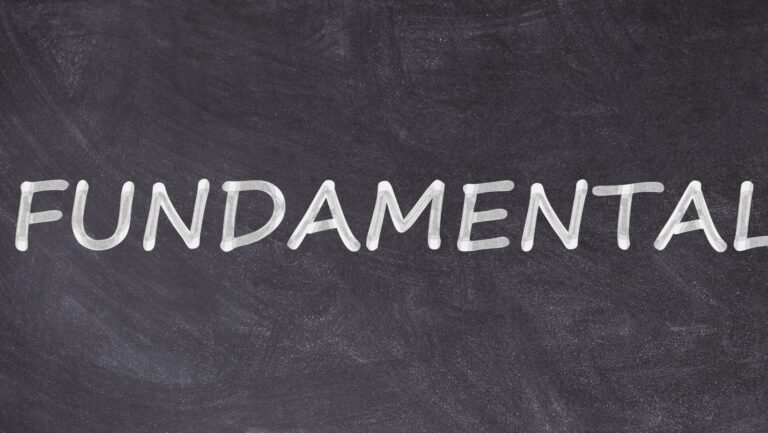We’ve all heard the saying, “it’s never too early to start planning for retirement.” But how many of us have truly taken it to heart? With an uncertain economic landscape and ever-increasing life expectancies, it’s crucial to think strategically about our golden years.
Estate planning is an often overlooked yet vital aspect of retirement planning. It’s not just about making a will or setting up a trust—it’s about crafting a comprehensive plan that ensures your hard-earned assets are protected and your retirement years are as comfortable as possible. Let’s explore some effective estate planning strategies that can help you secure a worry-free retirement.
Understanding Estate Planning
Let’s delve deeper into understanding estate planning and realizing its significance in reinforcing retirement security.
What Is Estate Planning?
Estate planning, a crucial aspect of retirement considerations, involves strategically preparing for the management and disposal of a person’s estate during life and at death. It typically encompasses drafting a comprehensive estate plan that includes components like the Last Will and Testament, Power of Attorney, Health Care Proxy, and Trusts. Buckeye trusts and estate planning attorney would be a considered choice to consult for devising such plans. Also, it accounts for considerations specific as digital asset management tools, integral to today’s digitized world, to handle your digital footprint.
For a clear picture, imagine gifting assets during your lifetime to your loved ones or setting up charitable trusts for causes you believe in. These thoughtful choices, part of an estate plan, help steer control on how your assets will disperse and efficiently manage tax repercussions.
Take into account nuanced scenarios such as planning for end-of-life care. Estate planning ensures you’ve expressed your desires clearly, whether that’s capital for intense medical care or designating a loved one to make decisions on your behalf when you’re incapable.
Importance of Estate Planning for Retirement Security
Estate planning anchors secure retirement by protecting your assets and peace of mind in the golden years. One might view estate planning as something exclusive to the wealthy, but in reality, it affects everyone desiring control over their assets and life choices. Its importance amplifies when contemplating retirement security.
In the absence of a plan, state laws dictate the distribution of your assets, which may not align with your wishes. An estate plan keeps these decisions in your hands, thus giving the retirement journey a personal steer. Further, it safeguards your heirs from potential tax burden and legal complications, fostering an intact financial legacy for awaited assurance in retirement years.
Hence, a strategic and well-crafted estate plan ensures long-term retirement security, acting as a shield against future uncertainties.
Key Estate Planning Strategies
A comprehensive estate plan is more than just creating a Will. It is about securing one’s retirement, minimizing tax implications, managing both tangible and non-tangible assets, and maintaining control over asset distribution. Let’s delve more into some key strategies.
Creating a Will
Drafting a Will should be the cornerstone of an estate plan. It serves as a legally-binding document defining the distribution of assets upon one’s death. For instance, gifting assets during your lifetime can simplify probate and increase heirs’ immediate benefits. Working with a competent Buckeye trusts and estate planning attorney c can help ensure the Will aligns with legal standards.
Setting Up Trusts
Trusts provide another sound strategy in estate planning. Whether it is a charitable trust, a family trust, or a special needs trust, each serves a unique purpose.

Notably, a charitable trust allows tax-deductible donations, aligning with the strategy of reducing tax implications, thus securing a retirement plan.
Power of Attorney Arrangements
Executing Power of Attorney (POA) arrangements can further solidify an estate plan. This legal document grants a designated individual the authority to make decisions when one is incapable. It also considers factors like end-of-life care, making it a vital point in estate planning.
In today’s digital age, it’s also worth considering adding a digital asset management tool to the POA arrangements. This tool can help in managing digital assets, such as online bank accounts and social media accounts, thereby encompassing all forms of assets in an estate plan. Implementing these strategies provides a harmonized approach to estate planning, optimally supporting one’s quest for a secure retirement.





